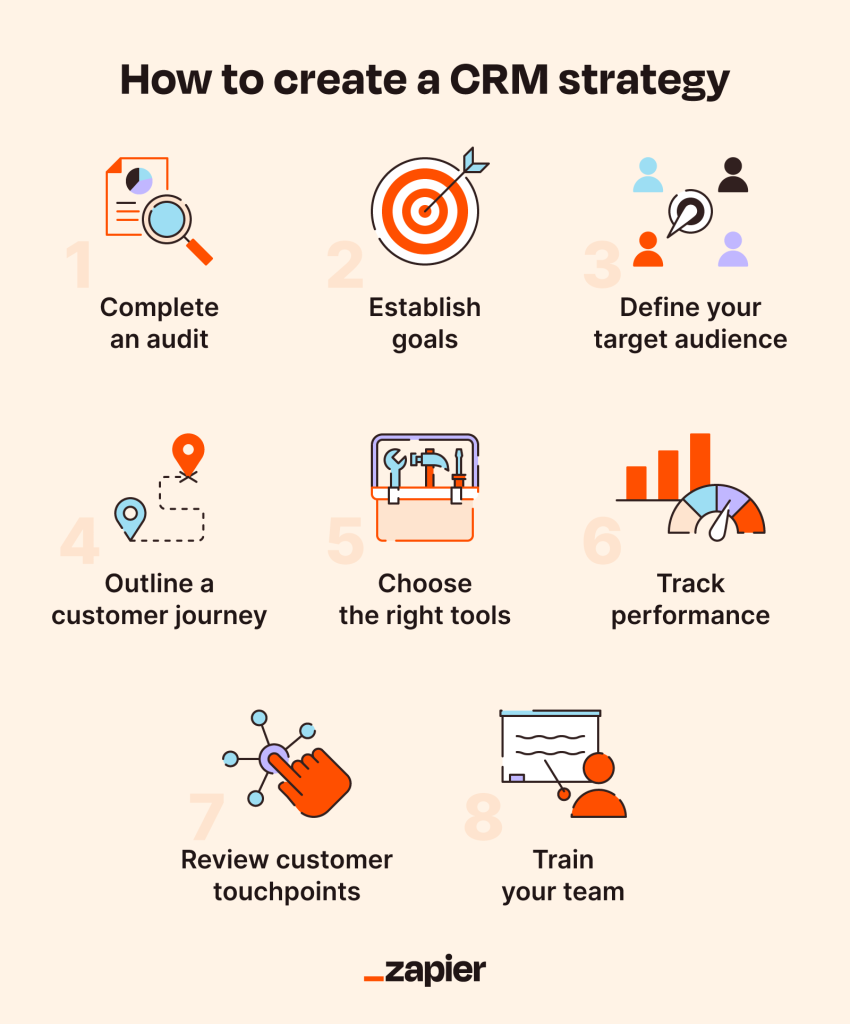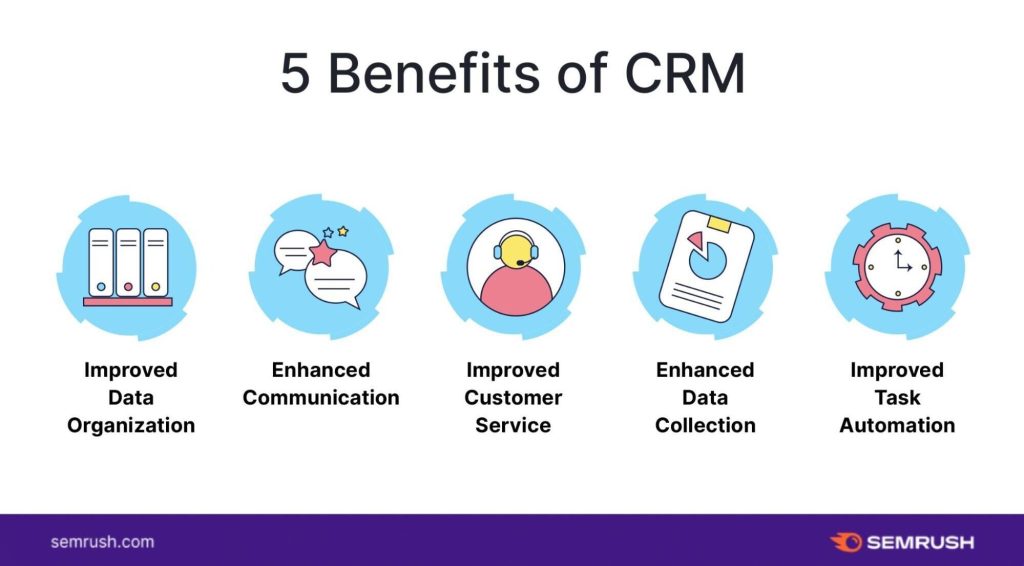In order to build strong and lasting relationships with your customers, it is essential to provide your team with effective strategies for customer relationship management training. By focusing on enhancing communication skills, empathy, and problem-solving abilities, your team will be better equipped to understand and meet the needs of your customers. With the right training in place, your organization can ensure that every interaction with a customer is positive and impactful, ultimately leading to increased loyalty and satisfaction. Have you ever struggled with effectively managing customer relationships in your business? You’re not alone. Customer relationship management is a crucial aspect of any successful business, and having the right training in place can make all the difference. In this article, we will explore some effective strategies for customer relationship management training that can help you enhance your customer interactions and ultimately drive business growth.
The Importance of Customer Relationship Management Training
Developing strong relationships with your customers is essential for long-term success in any business. Effective customer relationship management training can help you and your team better understand your customers’ needs, communicate more effectively, and build trust and loyalty. By investing in training for your employees, you are investing in the future of your business.
Understanding Customer Needs
Knowing and understanding your customers’ needs is at the heart of successful customer relationship management. Through training, you can learn how to listen effectively to your customers, ask the right questions, and identify their pain points. By understanding what your customers are looking for, you can tailor your products or services to meet their needs and exceed their expectations.
Effective Communication
Communication is key in any relationship, including those with your customers. Customer relationship management training can help you and your team develop effective communication skills, such as active listening, empathy, and clear and concise messaging. By communicating effectively with your customers, you can build trust, resolve conflicts, and create positive experiences that keep them coming back.
Building Trust and Loyalty
Building trust and loyalty with your customers is crucial for customer retention and business growth. Training in customer relationship management can teach you how to build trust with your customers through transparent communication, reliable service, and consistent follow-up. By building strong relationships with your customers, you can create loyal advocates who will not only continue to support your business but also bring in new customers through positive word-of-mouth.

Strategies for Effective Customer Relationship Management Training
Now that we understand the importance of customer relationship management training, let’s explore some strategies for implementing effective training programs in your business.
Assessing Training Needs
Before implementing any training program, it’s important to assess your team’s current skill level and identify areas for improvement. Conducting a training needs assessment can help you determine what specific skills or knowledge gaps exist and tailor your training program to address those needs. This could involve surveys, interviews, or observations of customer interactions to identify areas for improvement.
Tailoring Training to Your Team
Not all training programs are created equal, and what works for one team may not work for another. Consider the unique needs and learning styles of your team when designing your customer relationship management training program. Some employees may benefit from hands-on workshops or role-playing exercises, while others may prefer online courses or self-paced learning modules. By tailoring your training to your team’s preferences and needs, you can maximize engagement and effectiveness.
Providing Ongoing Support and Feedback
Effective training doesn’t end once the program is completed. Providing ongoing support and feedback to your team is critical for reinforcing learning and encouraging continuous improvement. Schedule regular check-ins or coaching sessions to discuss progress, address any challenges, and provide constructive feedback. By creating a culture of continuous learning and improvement, you can ensure that your team remains engaged and motivated to deliver exceptional customer service.
Incorporating Real-Life Scenarios
One of the most effective ways to learn is through experience. Incorporating real-life scenarios into your customer relationship management training can help your team apply their knowledge in practical situations and develop problem-solving skills. Role-playing exercises, case studies, and simulations can all be valuable tools for simulating real-world customer interactions and allowing your team to practice their newly acquired skills in a safe and supportive environment.
Utilizing Technology and Data
In today’s digital age, technology plays a crucial role in customer relationship management. Utilizing technology and data in your training programs can help your team better understand customer behavior, preferences, and feedback. Customer relationship management software, for example, can provide valuable insights into customer interactions, purchasing patterns, and satisfaction levels. By incorporating technology into your training, you can empower your team to make data-driven decisions that improve the overall customer experience.
Measuring Training Effectiveness
To ensure that your customer relationship management training is effective, it’s important to measure its impact on your team’s performance and customer relationships. Set clear performance indicators or key performance indicators (KPIs) to track progress and evaluate the success of your training program. This could include metrics such as customer satisfaction scores, retention rates, and repeat business. By regularly measuring and analyzing the results of your training program, you can identify areas for improvement and make adjustments as needed.

Conclusion
Effective customer relationship management training is essential for building strong relationships with your customers, improving communication, and driving business growth. By understanding your customers’ needs, communicating effectively, and building trust and loyalty, you can create positive experiences that keep your customers coming back. By implementing strategies such as assessing training needs, tailoring training to your team, providing ongoing support and feedback, incorporating real-life scenarios, utilizing technology and data, and measuring training effectiveness, you can develop a successful training program that empowers your team to deliver exceptional customer service. Invest in your team’s training today and watch your business thrive.

